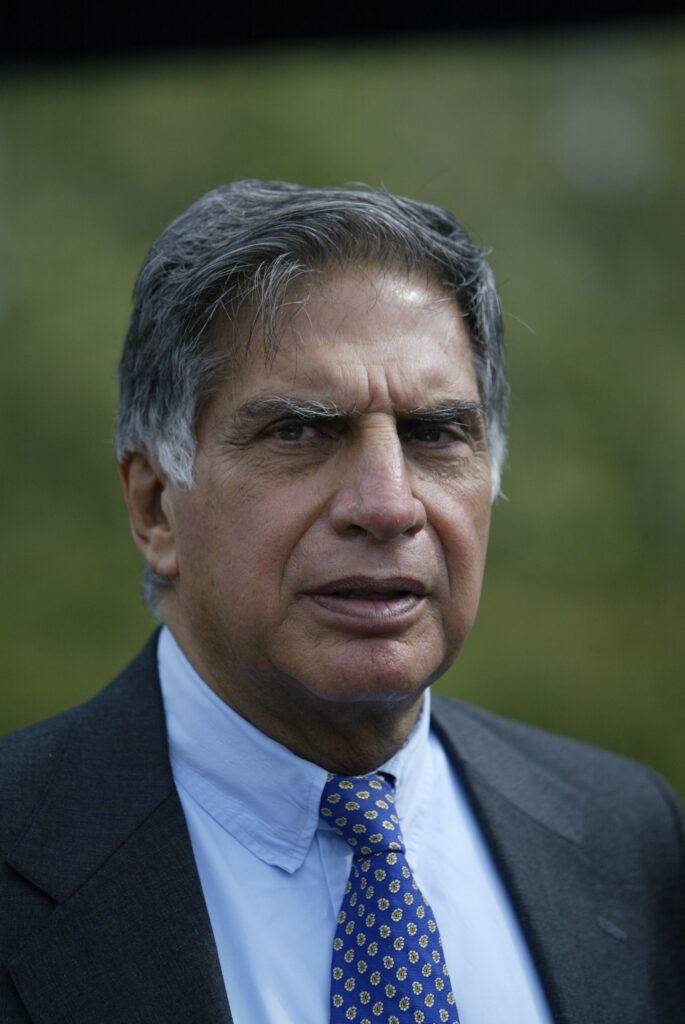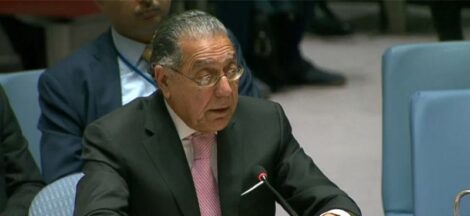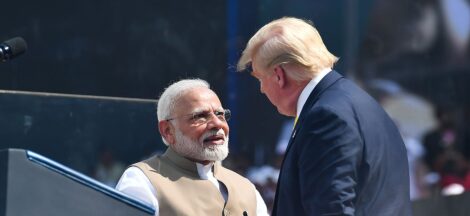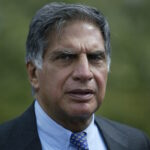Ratan Tata’s death leaves a significant leadership vacuum within the Tata Trusts, which hold a controlling interest in the Tata Group. Despite stepping down as Chairman of Tata Sons in 2012, his influence over the group has remained substantial, especially through his guidance over the Trusts. The process of choosing his successor from among the trustees is a critical decision that will shape the future of the group, and it must be handled with transparency to maintain investor confidence and ensure a smooth transition.
While Natarajan Chandrasekaran currently heads Tata Sons, the successor selected for Tata Trusts will wield considerable influence over the group’s philanthropic initiatives and long-term strategic direction. Tata’s personal legacy includes pioneering efforts in both social welfare and international expansion, and his ethical leadership has become the benchmark for future governance. The succession process involves several trustees, including seasoned business leaders and philanthropists, but there is no clear frontrunner as of yet.
Tata’s passing comes at a sensitive time for the conglomerate, which has been undergoing structural changes and global expansion. The careful handling of this leadership transition is crucial to ensure stability across the group’s numerous industries, from automobiles to steel, and to reassure stakeholders about continuity in its mission-driven approach. The Trusts, holding over 66% of Tata Sons’ equity, play a decisive role in overseeing not just corporate matters but also philanthropic activities that Tata prioritized throughout his life.
During his tenure, Tata expanded the group’s global footprint, acquiring major brands like Jaguar Land Rover and Corus Steel, and solidified its standing in the world. His death could lead to some strategic shifts, depending on the philosophy of the chosen successor. However, insiders believe that the fundamental values of the Tata Group, instilled by Ratan Tata, will remain intact through this transition.




 Nation Grieves the Loss of Visionary Leader Ratan Tata
Nation Grieves the Loss of Visionary Leader Ratan Tata 